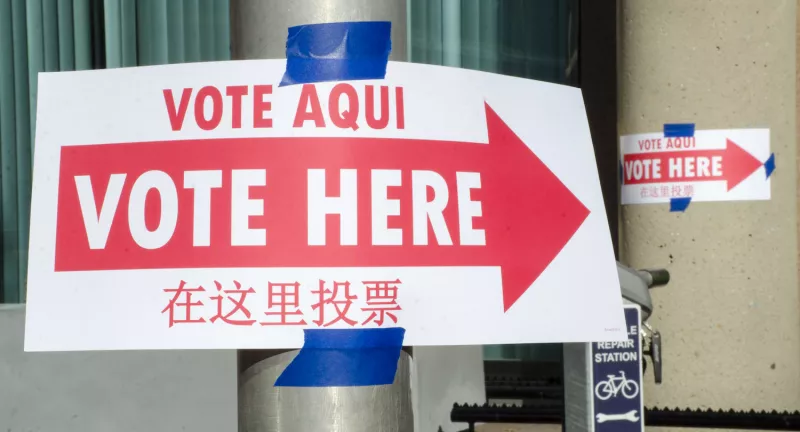Academic Research
-
Journal Article
Misinformation Beyond Traditional Feeds: Evidence from a WhatsApp Deactivation Experiment in Brazil
The Journal of Politics, 2025
In most advanced democracies, concerns about the spread of misinformation are typically associated with feed-based social media platforms like Twitter and Facebook. These platforms also account for the vast majority of research on the topic. However, in most of the world, particularly in Global South countries, misinformation often reaches citizens through social media messaging apps, particularly WhatsApp. To fill the resulting gap in the literature, we conducted a multimedia deactivation experiment to test the impact of reducing exposure to potential sources of misinformation on WhatsApp during the weeks leading up to the 2022 Presidential election in Brazil. We find that this intervention significantly reduced participants’ recall of false rumors circulating widely during the election. However, consistent with theories of mass media minimal effects, a short-term change in the information environment did not lead to significant changes in belief accuracy, political polarization, or well-being.
-
Journal Article
Understanding Latino Political Engagement and Activity on Social Media
Political Research Quarterly, 2025
Reports & Analysis
-
Analysis
Reducing Exposure To Misinformation: Evidence from WhatsApp in Brazil
Deactivating multimedia on WhatsApp in Brazil consistently reduced exposure to online misinformation during the pre-election weeks in 2022, but did not impact whether false news was believed, or reduce polarization.
August 16, 2024
-
Analysis
Latinos Who Use Spanish-Language Social Media Get More Misinformation
That could affect their votes — and their safety from covid-19.
November 8, 2022
News & Commentary
-
News
2024 Year in Review: Our Research & Impact
A look at our top articles, events, and more from the past year.
December 18, 2024
-
News
Studying the 2024 Election — and Beyond
Conducting rigorous research to understand the increasingly fragmented media environment is more important than ever.
November 25, 2024



